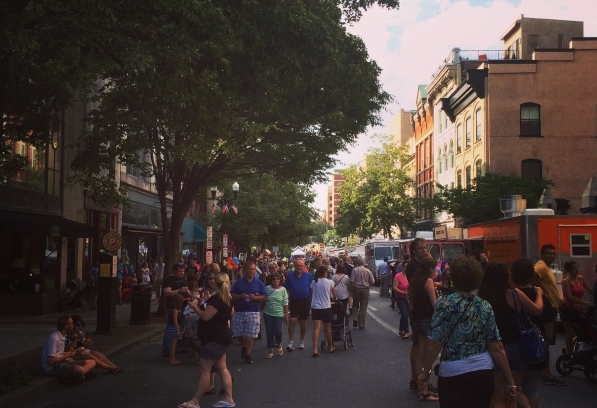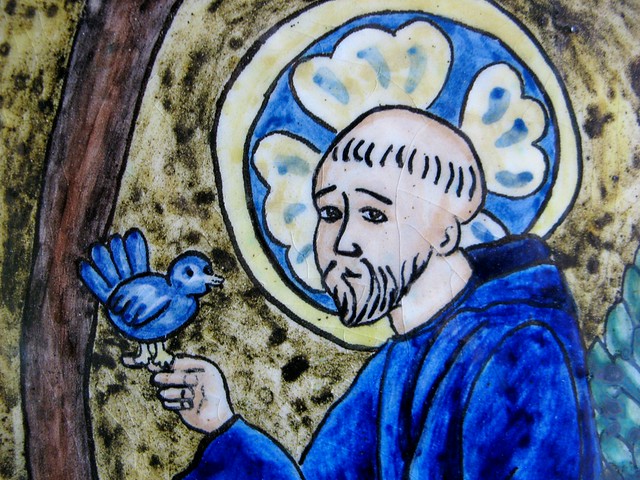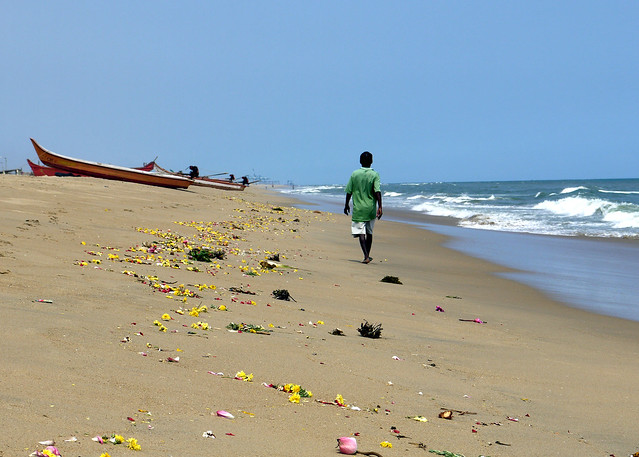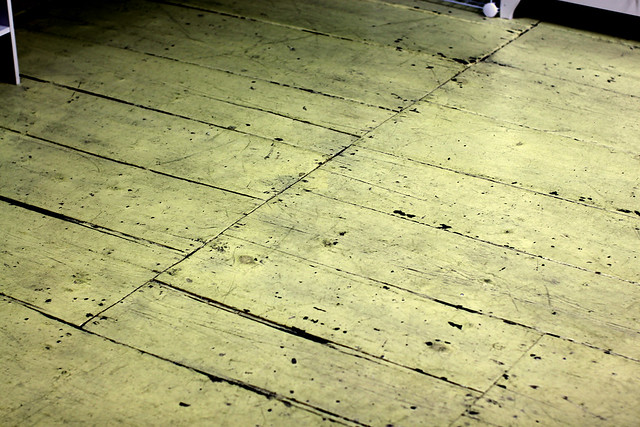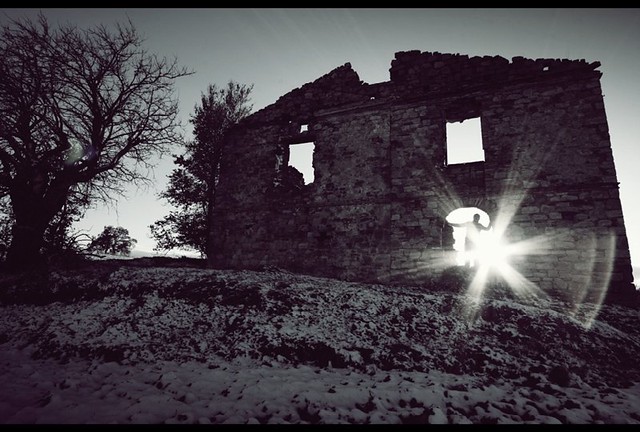
Every day as a writer, I have to tell myself not to be afraid.
There are plenty of voices in my head trying to convince me to get a real job, one with medical benefits and a regular pay check. There is the voice that tells me nothing I’ve ever written has really been that great, and there’s no chance that anything I write in the future will be anything special either. There’s the voice reminding me of every bad review, every clients’ criticism of a first draft, every rejection.
Today I stared out my window and I thought about fear. What would my life look like if I gave into it? I’d work 9 to 5. I’d watch a lot of television (because watching television is such a great way for me to forget about everything I’m afraid of). I’d encourage my kids to stay inside, to not try anything new, to keep their expectations low.
I’d stare out a lot of windows.
I wouldn’t let anyone read anything that I wrote – I’d stop writing.
I’d never say hello to anyone, for fear they’d think I was stupid, or naive, or ugly, and wouldn’t say hello back to me.
Fear has a way of leading us in a concentric path that grows smaller and smaller until we are so far inside of ourselves that we are nothing more than a small point surrounded by an unfathomable darkness. There is no question of engagement, no question of opening up. And if we follow fear long enough, it will swallow us up.
Ironically, the best response to fear is not to be unafraid. The best response is to embrace it.
Try new things.
Write or paint or draw. Start a new business or make a new friend. Take a walk. Get outside of yourself.
This is how you move through fear – by moving and by expanding your circle of movement.
Every morning as a writer, I have to tell myself not to be afraid, and then I have to do something about it. So I open a new page and I start typing.
My newest confrontation with fear involves starting a Kickstarter campaign to fund a novel I wrote over the last fifteen months. And I have to admit – I’m terrified…that it’s no good, that no one will like it, that people will snicker about me behind their backs. But I know it’s time to stop being afraid.
You’ll be able to support the launch and publication of this novel starting on Monday, October 20th, so stay tuned for more on that.
What are you afraid of?

